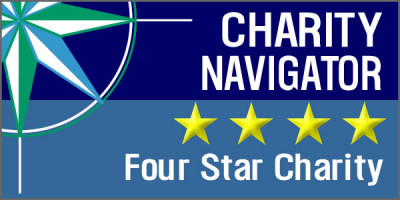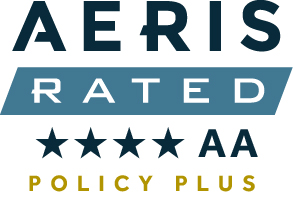We are living in truly unprecedented and unpredictable times for our nation. Looking back over the past 18-months we are struck by the relevance of CSH’s mission and by the extent to which the on-going crises of homelessness, public health, and racial justice and equity reinforce our strategies and reinvigorate our call to action. This is all reflected in the increasing pace and urgency of our efforts.
January 2019 marked the beginning of our current Strategic Plan. In this plan we called for the country to move beyond a state of perpetual crisis. We must correct our overreliance on institutional models of housing and stop investing in failed approaches that ignore root causes and evidence-based solutions. We looked beyond the symptoms and challenges in our work to three key drivers that strengthen our approach and foster impact. These drivers serve as our anchors, keeping us grounded and tethered to the mission and values of our work regardless of circumstance. These drivers are:
A Framework of Equity: We believe supportive housing can be a lasting and equalizing force that recognizes structural racism and addresses systemic policies that maintain these disparities. The work demands that CSH look internally as well as externally through our work and partners, make uncomfortable topics and conversations the norm, bring marginalized voices and perspectives to the table, and ensure that they have a real stake in charting the path forward.
A Focus in Thriving: CSH has long focused on the need to look beyond housing stability to gauge the success of supportive housing. We have made progress, but the quality and funding for supportive housing do not always provide the support that residents want and need to pursue their goals. We want to ensure that supportive housing is never a place where people are warehoused. We want to ensure that we, along with the communities and partners with whom we work, are responsible in developing pathways for recovery and independence. We want to ensure that supportive housing residents have access to the healthy foods, community participation, education, and income that are the foundation for growth. To that end, CSH has developed a Thrive Framework to engage communities in planning for services that can help people thrive in and beyond supportive housing.
Harnessing the Power of Data to Generate Results. Supportive housing is evidence-based, research-backed, and focused on results. That focus is as critical as ever as we continue to broaden the application of housing and services to meet new demands and bring new systems and partners to bear. To that end, CSH has developed an Impact Framework to align data, analytics, and research around the role of housing and community-based services as a social determinant. We identified key areas needing further research while exploring analytics and big data as ways of developing a clearer vision of supportive housing’s impact.
Since articulating this charge we have been reviewing, implementing and augmenting our services in communities across the country. We continue to seek new solutions with multiple public agency and sector partners grounded in supportive housing; and to design and provide affordable housing with flexible, integrated and high-quality services to support this. But we do so with renewed focus on moving beyond housing stability to indicators that individuals, families, and communities are thriving. We are doing so with a focus on data unmatched by prior efforts. We have published and continue to publish on-line tools that show need, disproportionality, and the interrelationship between government departments and those we seek to serve. And, we are challenging ourselves, our programs, our partners, and our communities to embed racial equity in all of our work. The events of 2020 have punctuated and redoubled both our efforts and resolve.
Our last reflection on the time that has passed since launching our Strategic Plan is one of deep gratitude. We are grateful for our CSH colleagues and Board of Directors. The talent, commitment and hard work of our staff and board are unmatched and the sum of our accomplishments are astounding. We are equally grateful for the supportive housing industry which includes funders, partners and stakeholders from dozens of sectors and thousands of communities across the country. Our course is difficult and our day to day work can seem overwhelming. But our efforts are working and they are worth it. We are so proud to say we work to advance supportive housing with all of you.
Our last call of gratitude is to supportive housing tenants and the voices of people with lived expertise. Through programs like Speak Up!, advisory boards, community and tenant councils, and other channels, your voices not only call us to account but provide wisdom and insight that inspires us and leads our work into the future.
We cannot predict what the next 18-months will deliver, but we remain steadfast in our mission and strategies, and recognize the on-going urgency of our work. We are grateful for your support and look forward to continued collaboration as we move towards the future.

Stephen Norman
Board Chair
Deborah De Santis
CEO & President2019 Board of Directors
2019-2021 Strategic Plan
Equity Centered Publications

Race Equity Framework for the Connecticut Homeless & Housing System
Black, Indigenous, and People of Color (BIPoC) are over-represented in national and Connecticut homelessness statistics due to the historical legacy and persistence of structural racism. With the guidance of CSH and several partner organizations, the Connecticut Collaborative for Race Equity (the Collaborative) sought to develop a framework to address racial disparity in the housing and homelessness sector. The Collaborative engaged in a collective learning, listening, and human-centered design process to center the voices of BIPoC in order to create a race equity framework to advance equitable access to housing resources and services for homeless and high need individuals and families.

Addressing Health Equity through Health and Housing Partnerships
This resource developed by CSH and the National Healthcare for the Homeless Council is intended to provide background information on health disparities, particularly for people of color, and the goal of health equity, with a focus on people who are experiencing or have experienced homelessness; explore how health centers and supportive housing providers, both of which target underserved populations and operate with holistic, client-centered approach to care, are uniquely positioned to advance health equity; offer suggestions for how health centers and supportive housing providers can work together and on their own to identify and address disparities and advance health equity.
Harnessing Data: New Tools & Publications
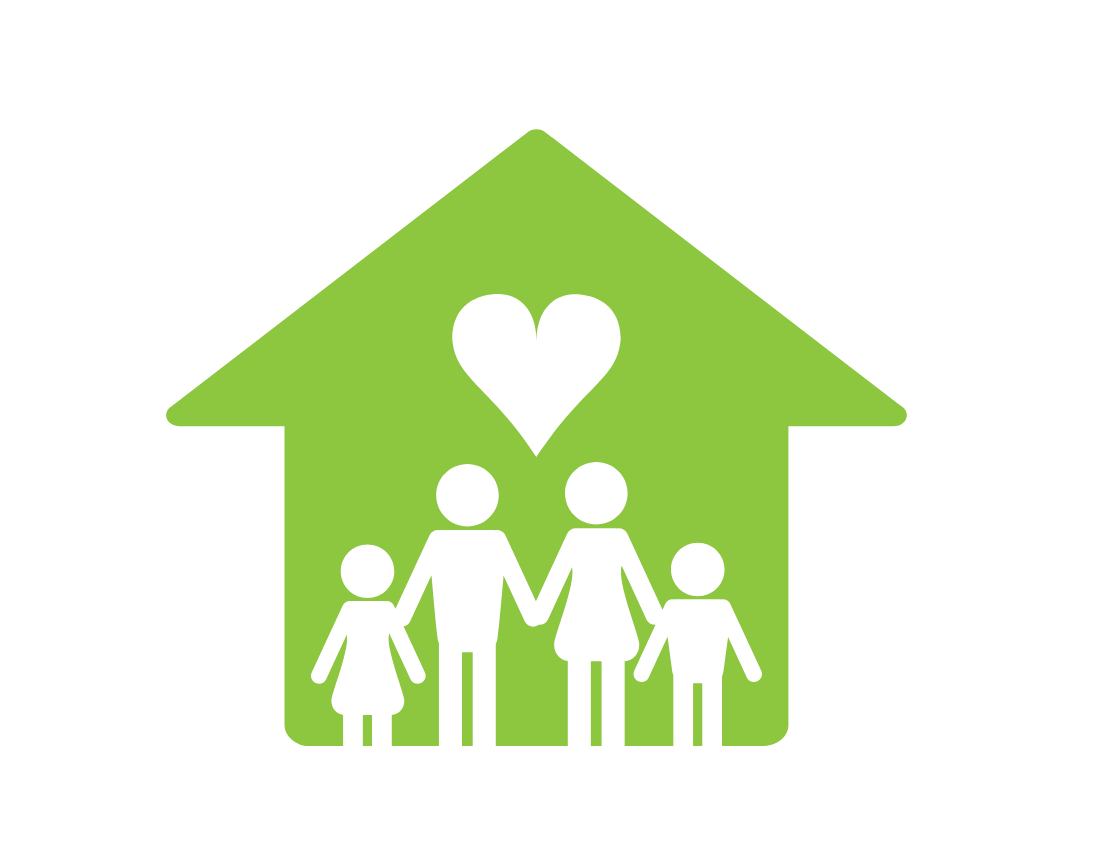
Partnerships to Demonstrate the Effectiveness of Supportive Housing for Families in the Child Welfare System
Promising evidence from a CSH supportive housing pilot program in New York City led the U.S. Administration for Children and Families’ Children’s Bureau to fund a five-site supportive housing demonstration called “Partnerships to Demonstrate the Effectiveness of Supportive Housing for Families in the Child Welfare System.”
The Urban Institute and Chapin Hall at the University of Chicago have been part of a collaborative effort to evaluate this demonstration. Their evaluations examine how supportive housing affects housing stability, child welfare involvement, and child, parent, and family well-being.

Optimizing Qualified Allocation Plans for Supportive Housing
In 2019 CSH launched a new landing page to demonstrate how states are utilizing Low Income Housing Tax Credit allocations to advance supportive housing. Our new page provides an in-depth look at each state's Qualified Allocation Plan (QAP) and includes a Supportive Housing Calculator to project the number of supportive housing units that can be built through a dedicated supportive housing set-aside.
Visit www.csh.org/qap to explore our QAP resources and recommendations.

Data Integration Across Jail & Homeless Services: A Blueprint for Success
This new tool reaches across systems to connect county jail administrative data from the justice system to homeless system data, through communities’ Homeless Management Information Systems (HMIS). Four communities, Boone County, Missouri; Clark County, Nevada; McLean County, Illinois; and Salt Lake County, Utah were selected to test the tool along and received technical assistance from CSH. The communities represent a cross-section of the country, complete with nuanced local politics, technical and administrative barriers and opportunities, distinctive geography, and scale.
2019 Expenses & Revenue
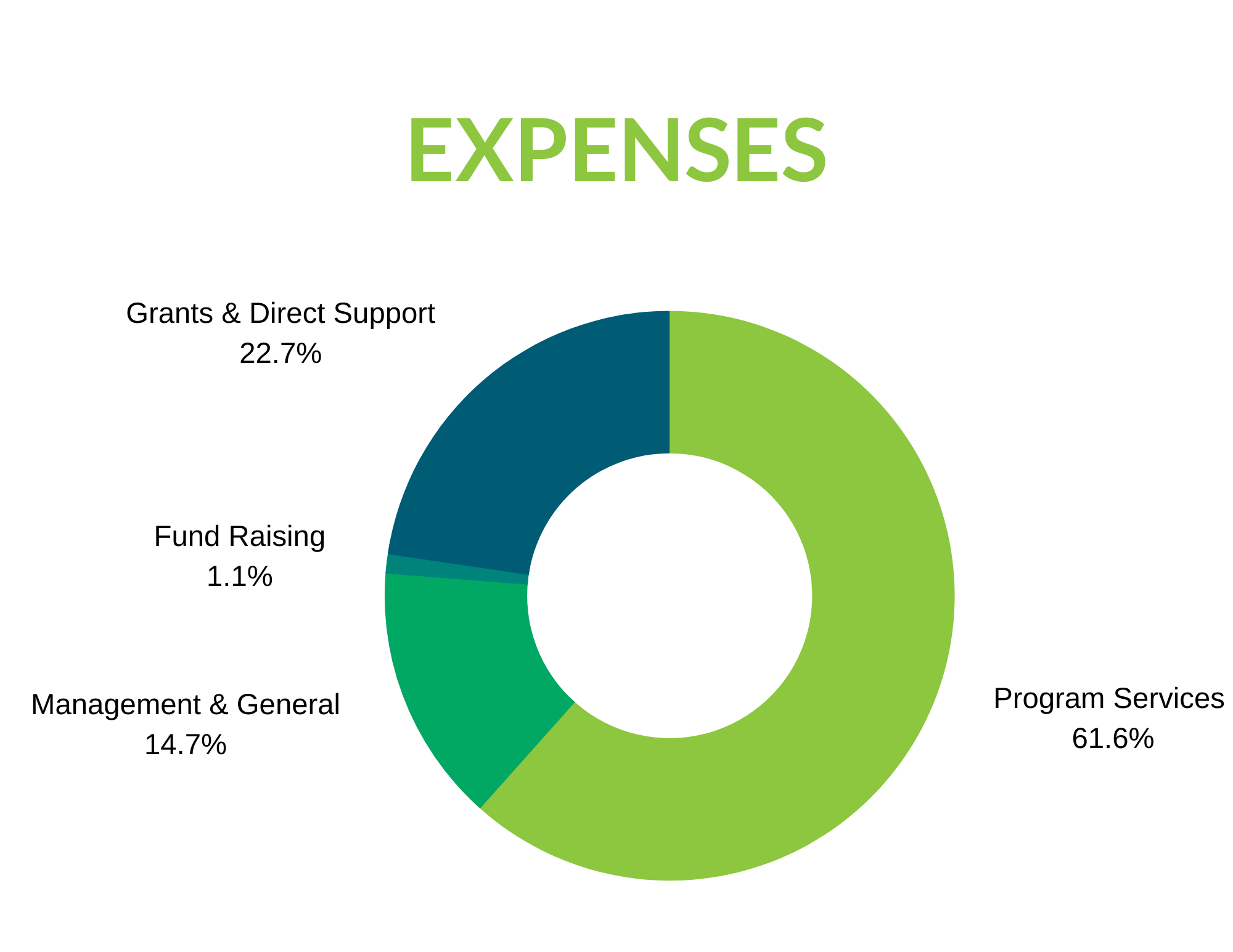
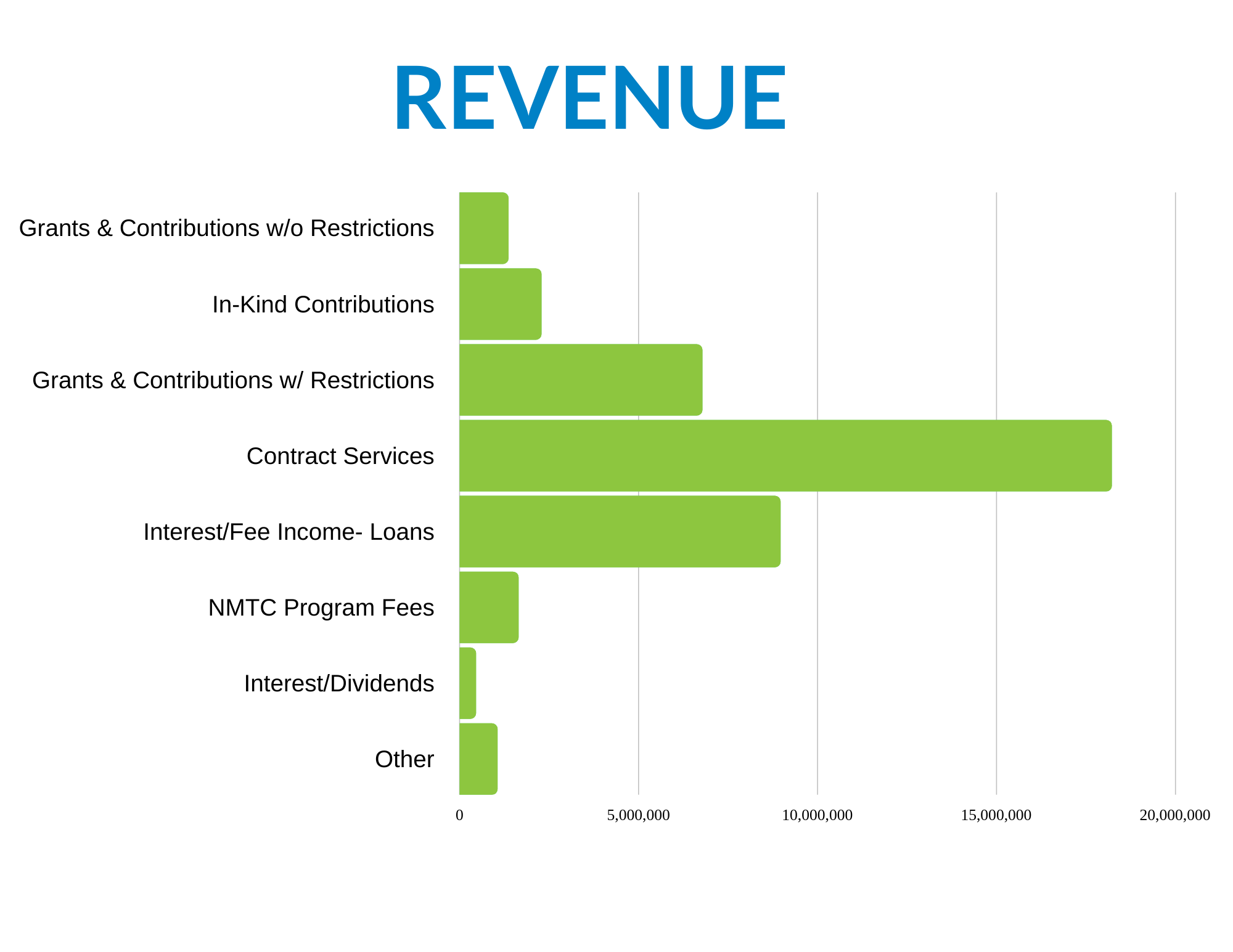
Community Investment
CSH's Direct Lending & Investment in Affordable & Supportive Housing
Million in New Loans
States
Units Created
Thank You to Our Funders & Supporters
